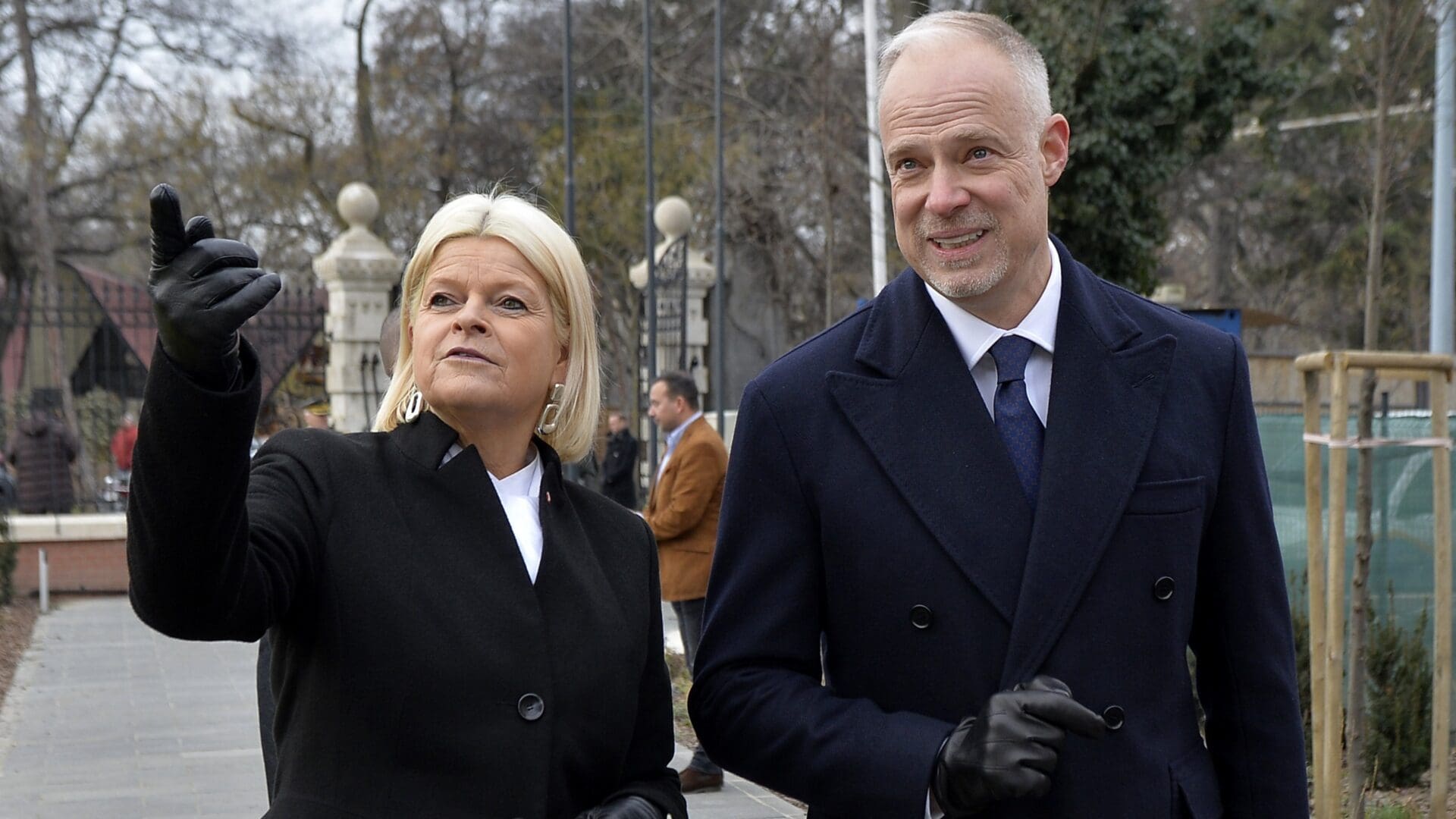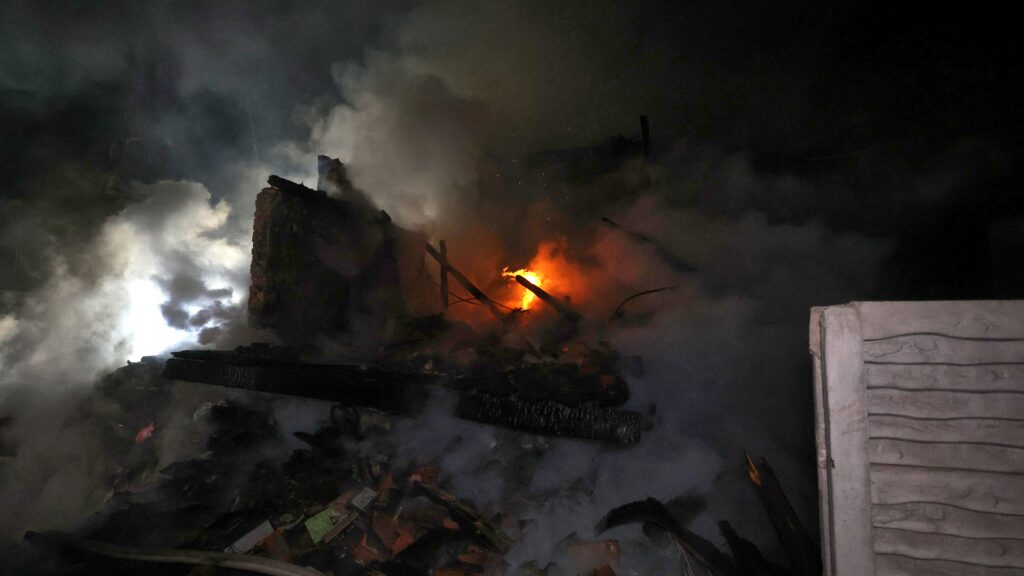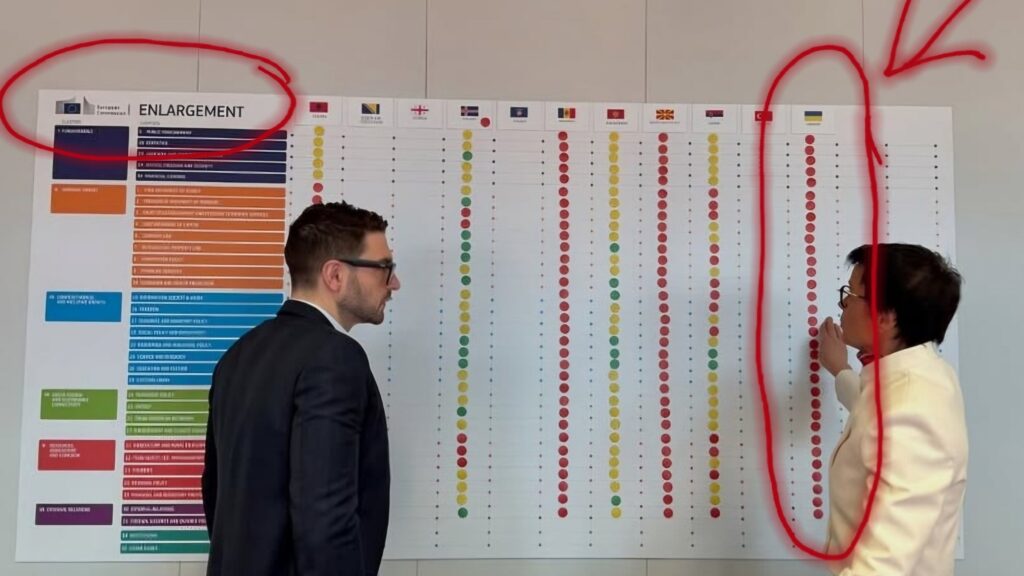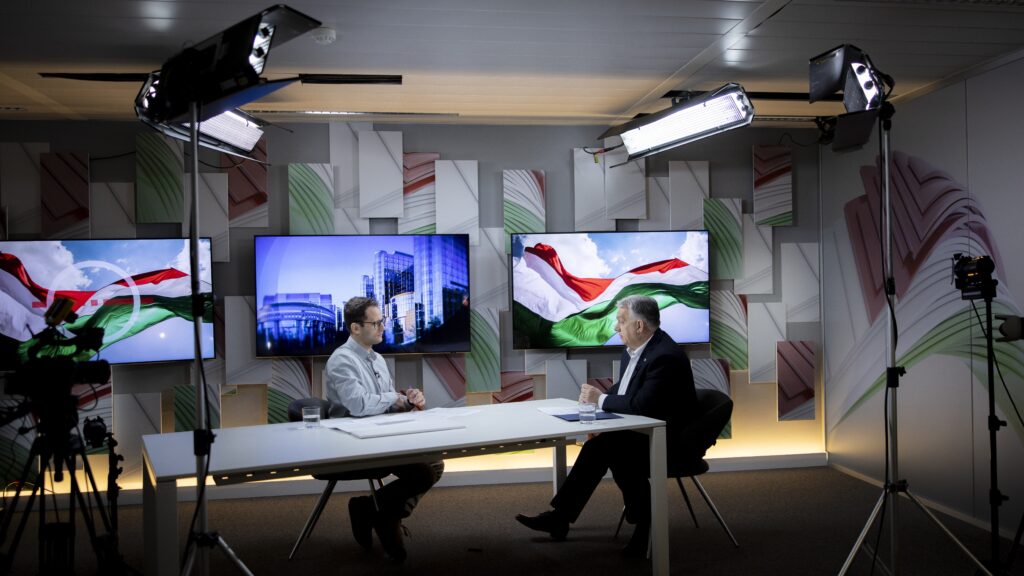Hungary and Austria are on common ground regarding the war in Ukraine. Austria, as a neutral country, does not send weapons to the Ukrainians either, however, both countries are welcoming refugees, and providing humanitarian aid to the war-torn country, the Hungarian Minister of Defence concluded after meeting with his Austrian counterpart in Budapest on Monday, 30 January.
Kristóf Szalay-Bobrovniczky highlighted that in their discussion, he and Austrian Defence Minister Klaudia Tanner agreed on the importance of stability in the Western Balkans. According to the Hungarian Defence Minister, the whole European defence community must pay special attention to this region.
The minister also noted that Hungarian forces are present in the region, and play a significant role in NATO’s largest land mission, KFOR in Kosovo. Hungary has troops serving with the EUFOR Operation Althea in Bosnia-Herzegovina as well, where a Hungarian general is to take over command of the mission in a year.
According to Klaudia Tanner, one solution to migration is the strengthening of the Western Balkans, and she called their integration into the European Union indispensable.
The stability of the Western Balkans and a thereby strengthened European Union are key to our taking joint action against the threats of migration, she argued, thanking Hungary for its commitment to maintaining security in the region.
Minister Tanner pointed out that she and Kristóf Szalay-Bobrovniczky agreed that European states must continue their close cooperation to find a solution to the problem of migration together. Considering the European developments, Hungary is treading new paths, especially in terms of military and border protection, she added.
Back in November, Austrian Chancellor Karl Nehammer already signed a memorandum of understanding with Serbian President Aleksandar Vučić and Hungarian Prime Minister Viktor Orbán about discouraging illegal migration and diverting it from the external borders of the EU. The leaders of the three nations also committed themselves to bolstering the cooperation of the their countries on fighting illegal migration, terrorism and organised crime.
Szalay-Bobrovniczky said that he had informed his Austrian counterpart about the ongoing modernisation of the Hungarian Defence Forces, which is aimed at enhancing combat readiness and facilitating cooperation with NATO allies. Young military officers with substantial experience who had served with NATO missions and speak foreign languages are being given important positions, while the country offers the older staff a dignified and fair way out of the military, the minister said.
Austrian Minister of Defence Klaudia Tanner emphasised that the cooperation between the two countries is excellent, and the troops of their armed forces are co-deployed in seven foreign missions.
The meeting had more of a focus on the current status of European security in light of the recent developments in the war in Ukraine. The Austrian Minister stressed that the greatest danger we could face is the escalation of the war to Europe. Not only is this about conventional warfare, but also about non-conventional threats, for example, the increased levels of migration, which has been accelerated by the war.
‘The effects are enormously felt not just in Austria, but also in Hungary. The migration route runs through our neighbouring country and leads to us,’ Tanner said.
Minister Szalay-Bobrovniczky underlined that Hungary’s position regarding the war is clear and well-known: Hungary is on the side of peace, and does not send weapons to the conflict to prevent escalation. In this regard, too, Hungary and Austria are on common ground since Austria, as a neutral country, is not willing to supply arms to nations involved in a conflict either. However, both countries welcome refugees and provide humanitarian aid to those affected by the ongoing war.
Speaking about European security and EU–NATO cooperation, Klaudia Tanner noted that she and the Hungarian defence minister agreed that the EU should be ‘more decisive’ in voicing its views and that NATO’s approaching enlargement requires close coordination, even if 97 per cent of EU citizens are NATO members. ‘If we lack unity in European security policy, it will open the door to other threats, and then we will inevitably see new conflicts arising. Therefore, it is important for Austria and Hungary to pursue a credible and robust security and defence policy,’ Tanner concluded.








